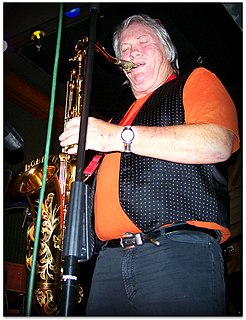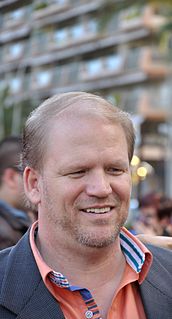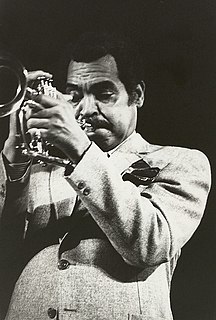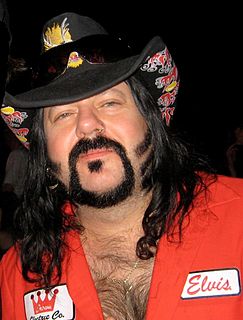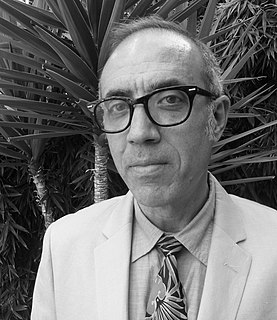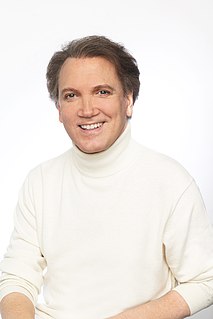A Quote by Bobby Keys
I played in the high school band. I was the one baritone saxophone out of 80 other people. No one could tell whether I was hittin the right notes or the wrong notes.
Related Quotes
You never can tell, though, with suicide notes, can you? In the planetary aggregate of all life, there are many more suicide notes than there are suicides. They're like poems in that respect, suicide notes: nearly everyone tries their hand at them some time, with or without the talent. We all write them in our heads. Usually the note is the thing. You complete it, and then resume your time travel. It is the note and not the life that is cancelled out. Or the other way round. Or death. You never can tell, though, can you, with suicide notes.
Strictly speaking, there are no such things as good and bad impulses. Think...of a piano. It has not got two kinds of notes on it, the 'right' notes and the 'wrong' ones. Every single note is right at one time and wrong at another. The Moral Law is not any one instinct or set of instincts: it is something which makes a kind of tune (the tune we call goodness or right conduct) by directing the instincts.
You get notes from two studios and a network instead of a studio and a network. Although we early on forced them all to do their notes together. I make them all talk to each other first. Because we went through the pains of getting notes from ABC and at the time it was Touchstone, that were opposite - and then CBS notes that were opposite again. So it was, you guys are going to have to work it out as to what is the most important note.
[Larry Laurenzano] gave me a junior high school saxophone to take to high school, because I was always taking one of our school horns home to practice and I couldn't afford to buy one. He gave my friend, Tyrone, a tuba and he gave me a junior high saxophone for each of us to use at Performing Arts High School with. My audition piece was selections from Rocky. We were not sophisticated. But we had some spirit about it. We enjoyed it, and it was a way out.
For notes related to books I'm writing, I've wondered whether I should organize my notes better, but I do find that the action or scrolling through them and seeing odd juxtapositions of ideas helps to stimulate my own ideas and creativity. I worry that if I kept the notes in a highly-structured way, I might lose some of these benefits.
I took many notes, more than usual before I sat down and wrote Act One, Scene One. I had perhaps eighty pages of notes. . . . I was so prepared that the script seemed inevitable. It was almost all there. I could almost collate it from my notes. The story line, the rather tenuous plot we have, seemed to work out itself. It was a very helpful way to write, and it wasn't so scary. I wasn't starting with a completely blank page.
